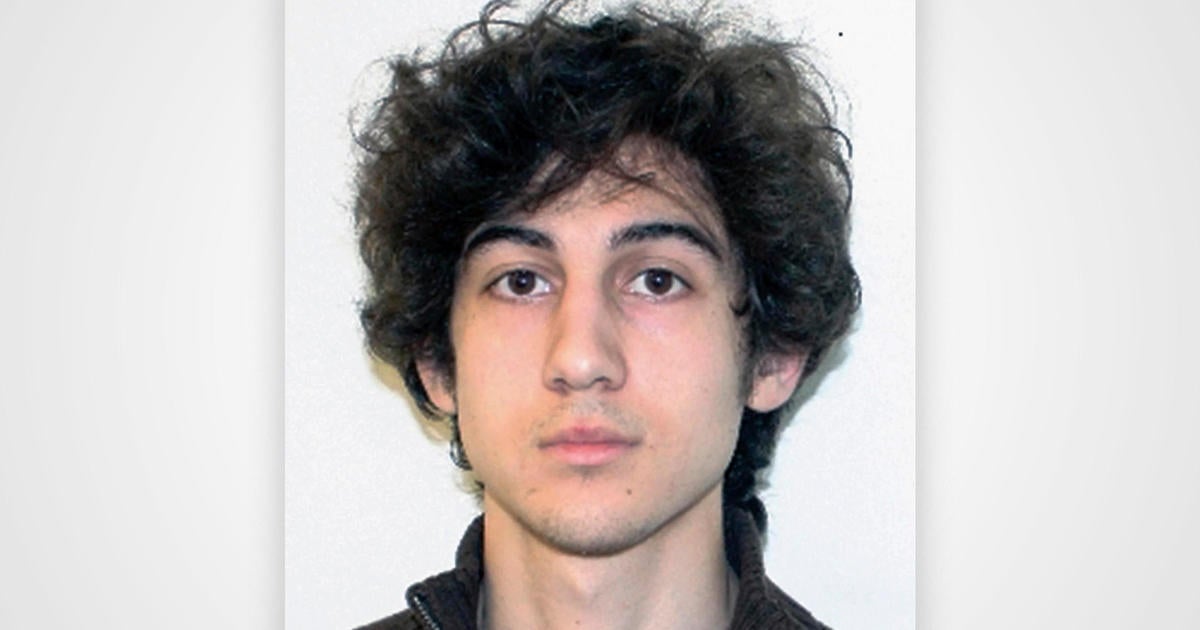President Biden made a significant announcement on Monday, revealing that he had commuted the sentences of almost all federal inmates on death row, sparing their lives and replacing their sentences with life in prison without the possibility of parole. This action impacts 37 inmates who were initially sentenced to death, with only three exceptions who did not receive clemency: Robert Bowers, Dylann Roof, and Dzhokhar Tsarnaev.
Robert Bowers, aged 51, was convicted in August 2023 for the mass shooting at the Tree of Life Synagogue in Pittsburgh, where he killed 11 people and wounded seven others in a horrific antisemitic attack. Bowers, a truck driver with a history of making hateful remarks online, carried out the attack with an AR-15 rifle and three handguns. His antisemitic beliefs fueled the meticulously planned assault, turning the synagogue into a tragic scene of violence.
Dylann Roof, on the other hand, was sentenced to death in 2017 for the shooting at the Mother Emanuel AME Church in Charleston, South Carolina, where he killed nine Black parishioners during a Bible study session. Roof’s manifesto, which was filled with racial slurs and supremacist ideologies, revealed his intention to incite racial conflict by attacking Black worshipers. Despite appealing his conviction, the federal appeals court upheld Roof’s death sentence in 2021, citing the horrific nature of his crime and the deliberate targeting of innocent individuals.
Lastly, Dzhokhar Tsarnaev, convicted for his role in the Boston Marathon bombing in 2013, faced 30 counts of crimes related to the deadly attack. While his lawyers argued that he was influenced by his older brother, Tamerlan Tsarnaev, who they claimed was the mastermind behind the bombing, Dzhokhar’s involvement in the act was undeniable. The manhunt that ensued following the bombing led to Tamerlan’s death in a police shootout, while Dzhokhar was eventually arrested after being found hiding in a boat in Watertown, Massachusetts.
Despite the Biden administration’s opposition to the death penalty, the Supreme Court reinstated Dzhokhar Tsarnaev’s death sentence in March 2022, overturning a previous decision by the appeals court. The legal battle surrounding Tsarnaev’s case highlighted the complexities of seeking justice for the victims of the Boston Marathon bombing while also navigating the ethical considerations of capital punishment.
President Biden’s decision to commute the sentences of nearly all federal inmates on death row reflects his commitment to ending capital punishment and promoting a more humane approach to justice. While the exceptions of Bowers, Roof, and Tsarnaev serve as reminders of the heinous crimes committed by these individuals, the broader impact of this decision signals a shift towards a more compassionate and rehabilitative criminal justice system.
The implications of this decision extend beyond the immediate relief granted to the inmates on death row. It prompts a larger conversation about the effectiveness of the death penalty as a deterrent, the moral implications of state-sanctioned executions, and the potential for redemption and rehabilitation within the criminal justice system. By choosing to commute these sentences, President Biden has taken a significant step towards addressing these complex issues and reevaluating the role of capital punishment in modern society.









